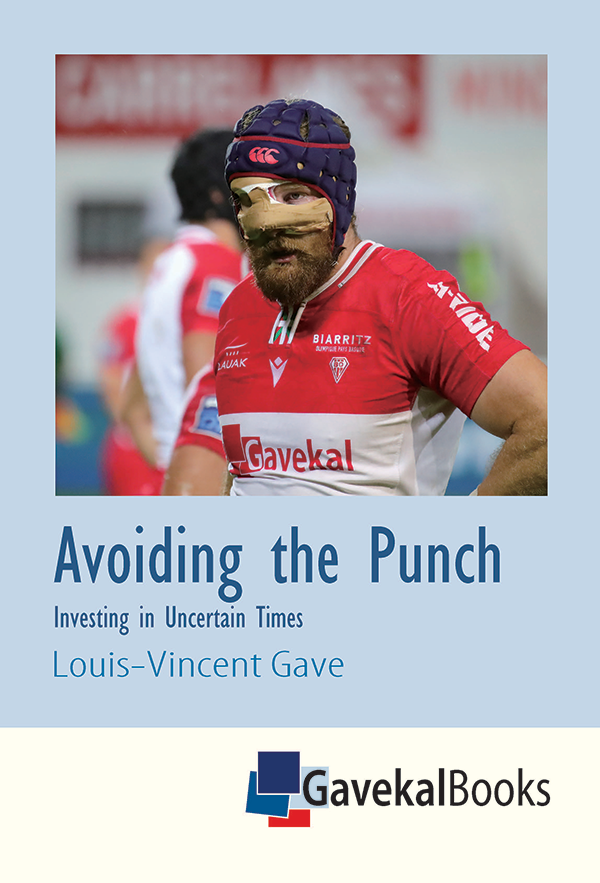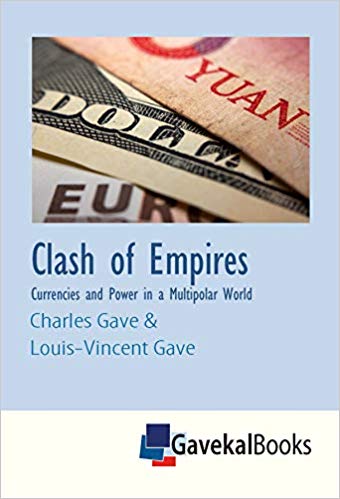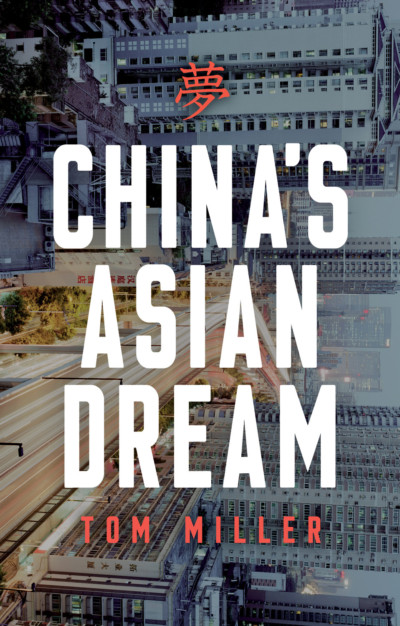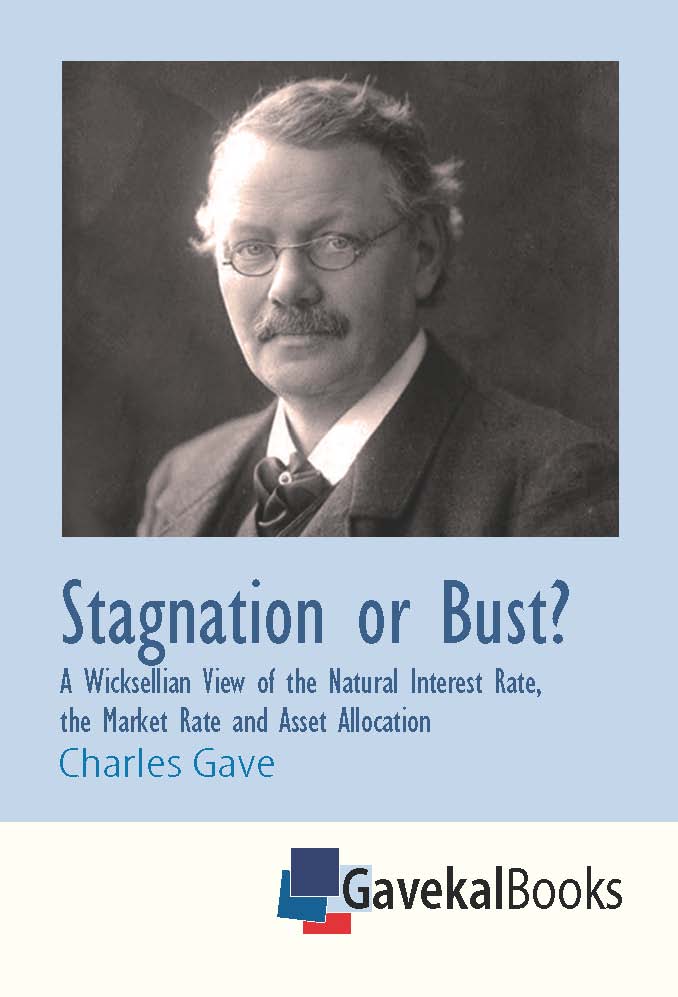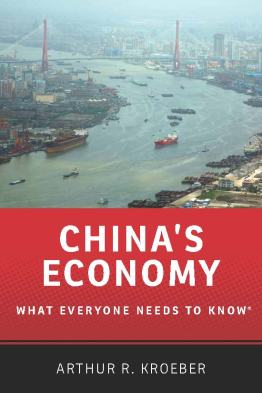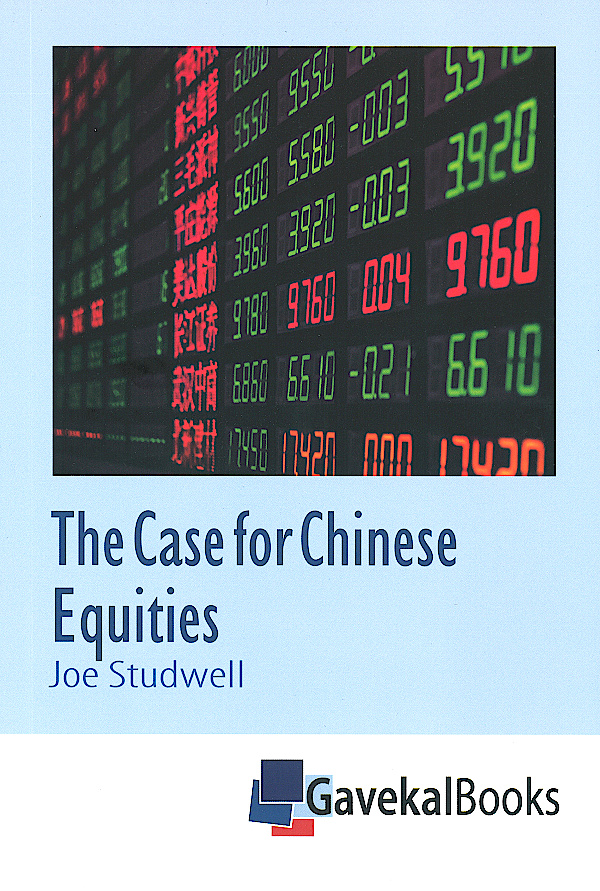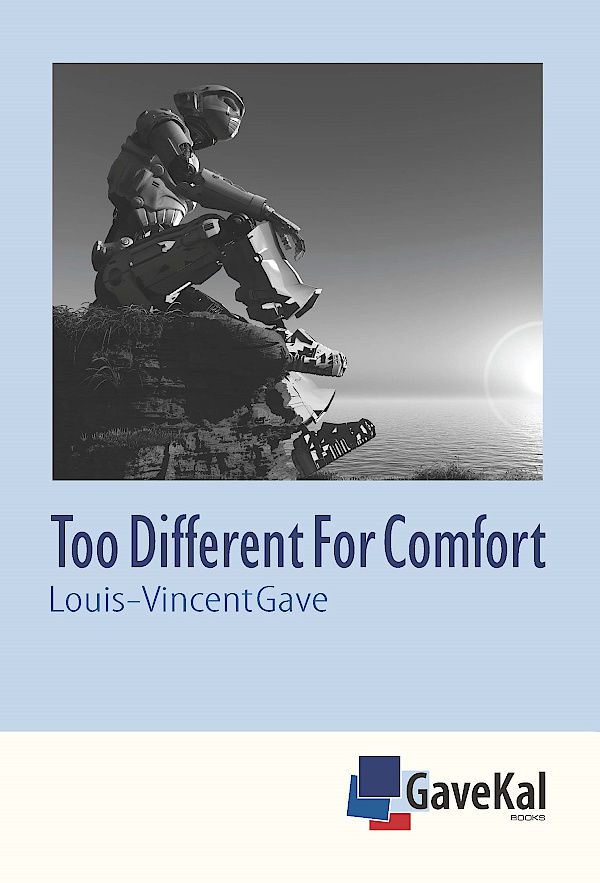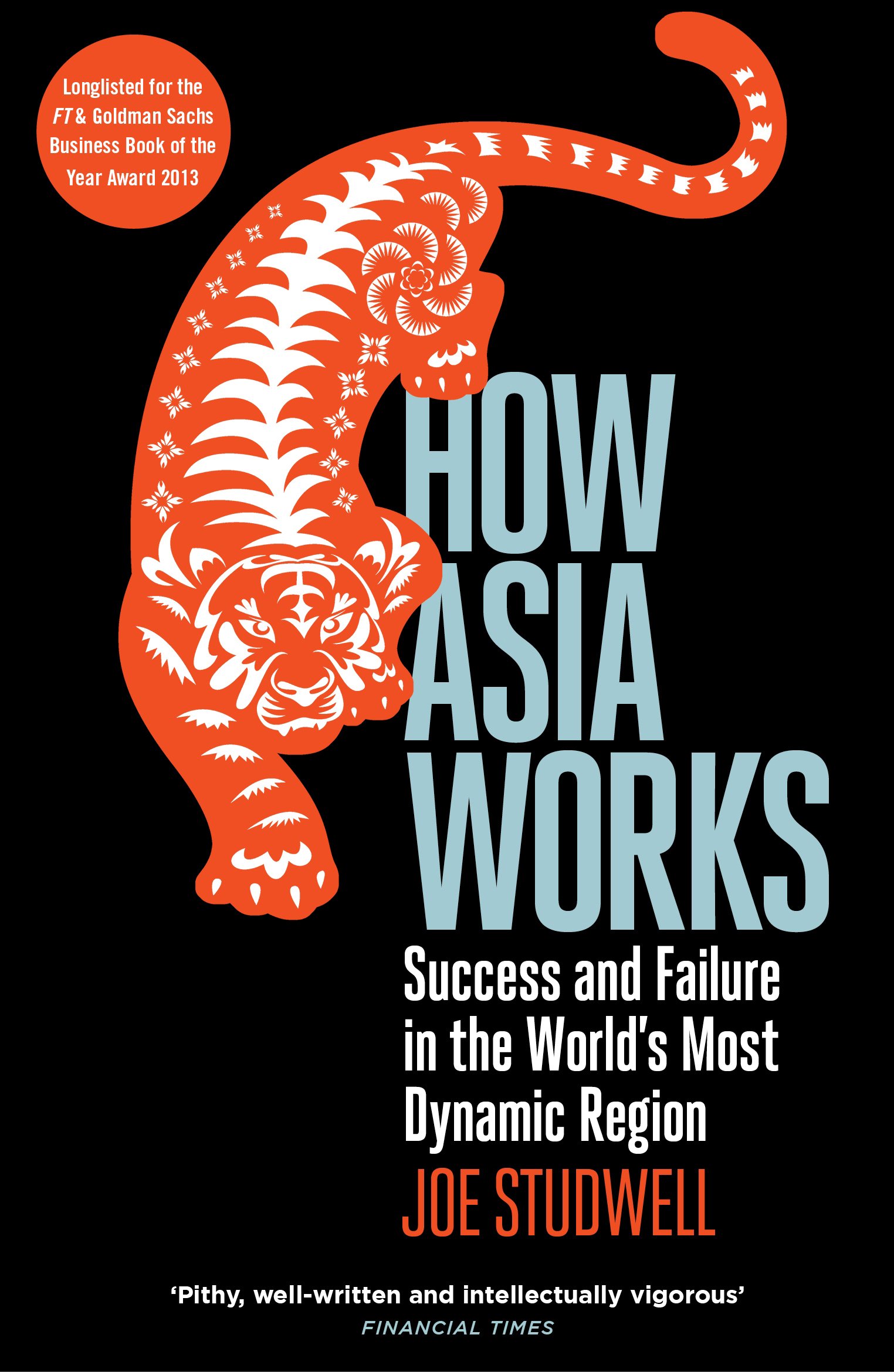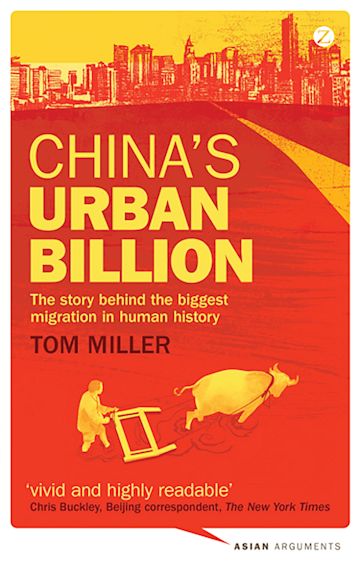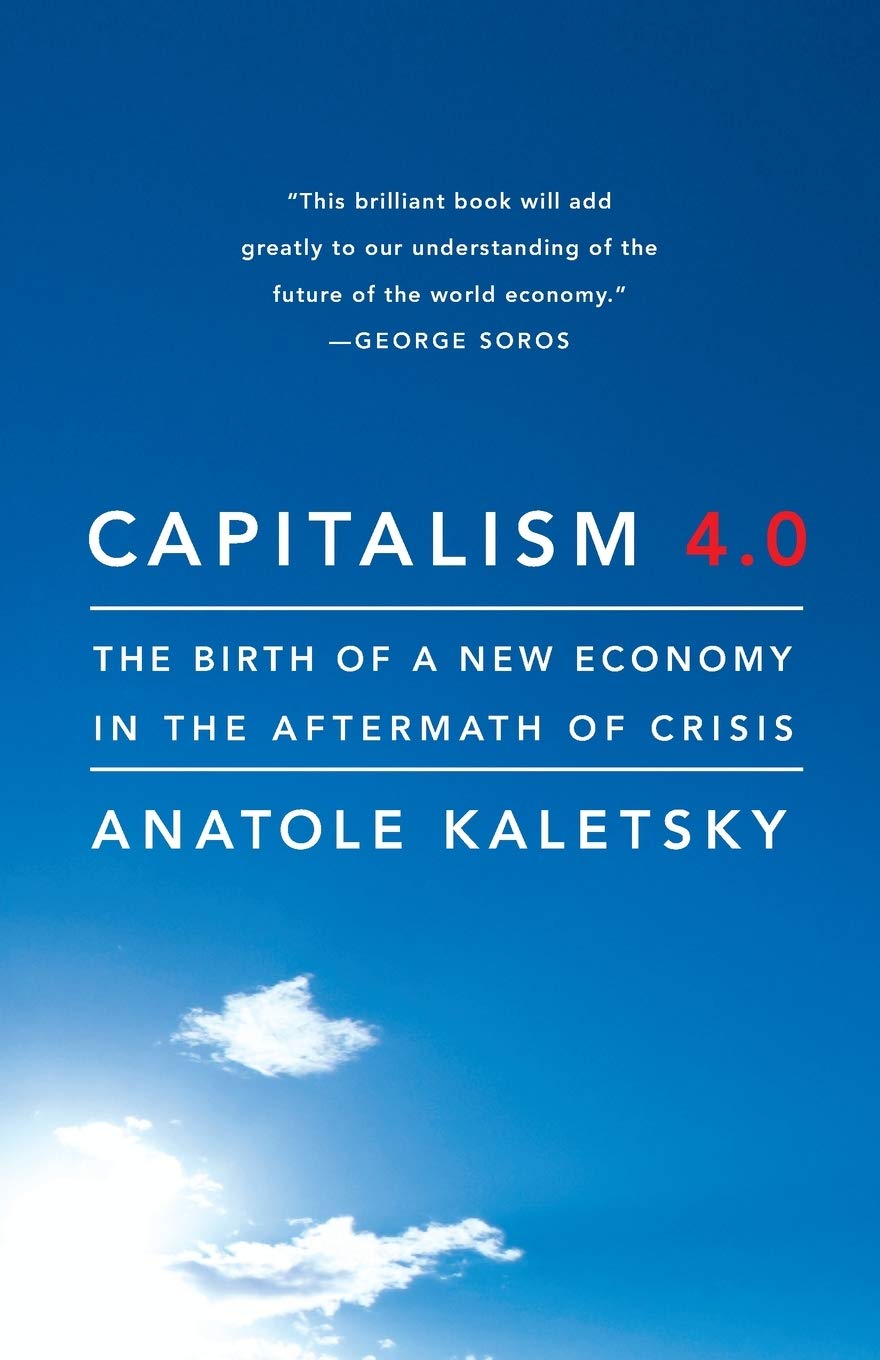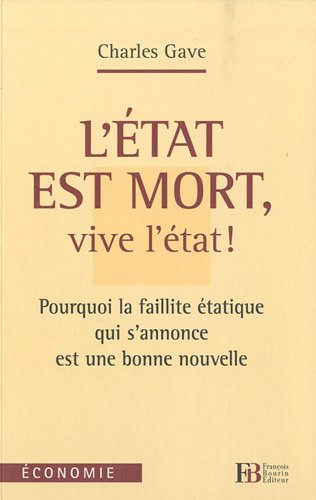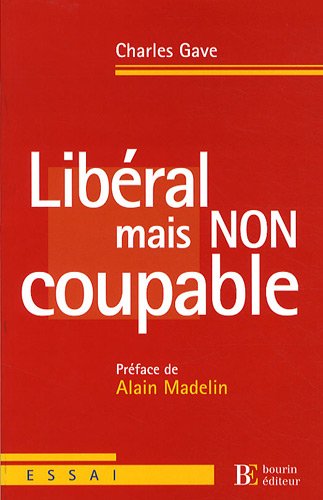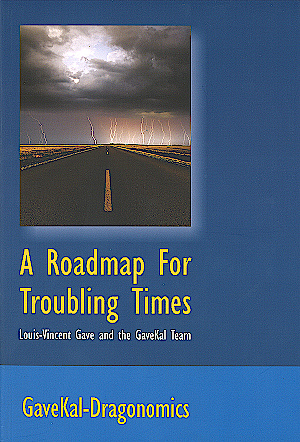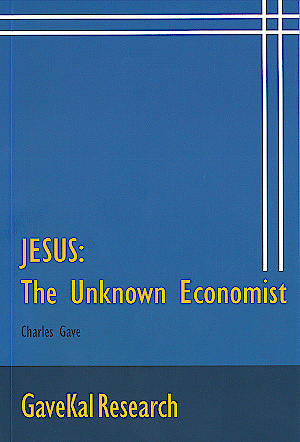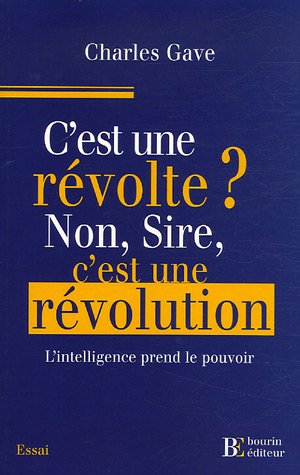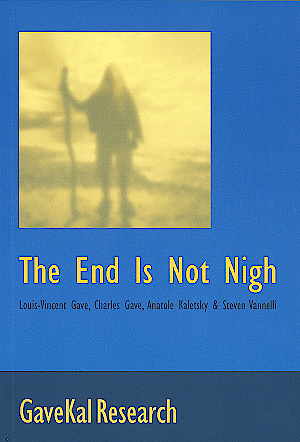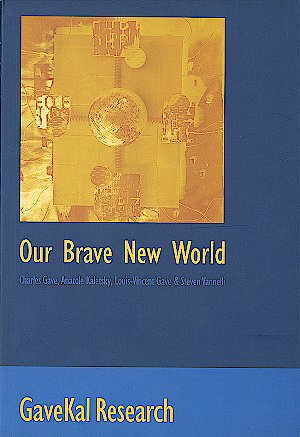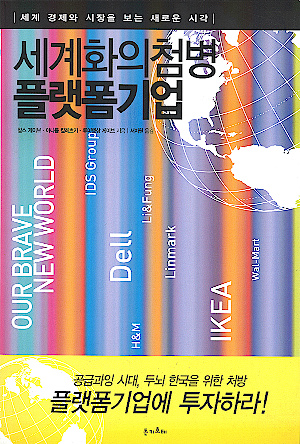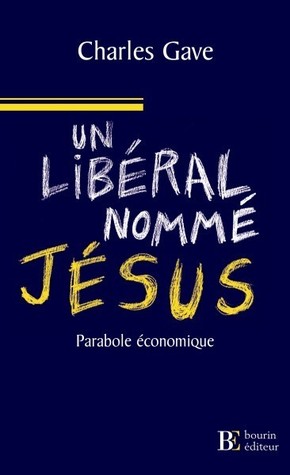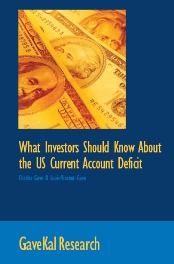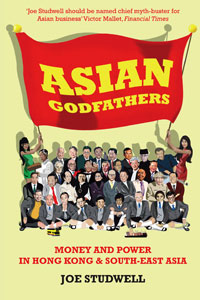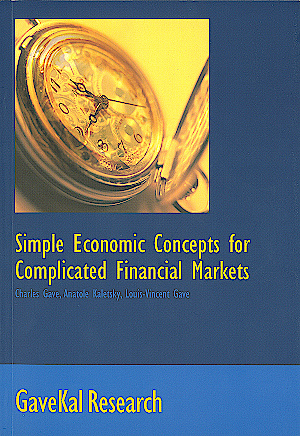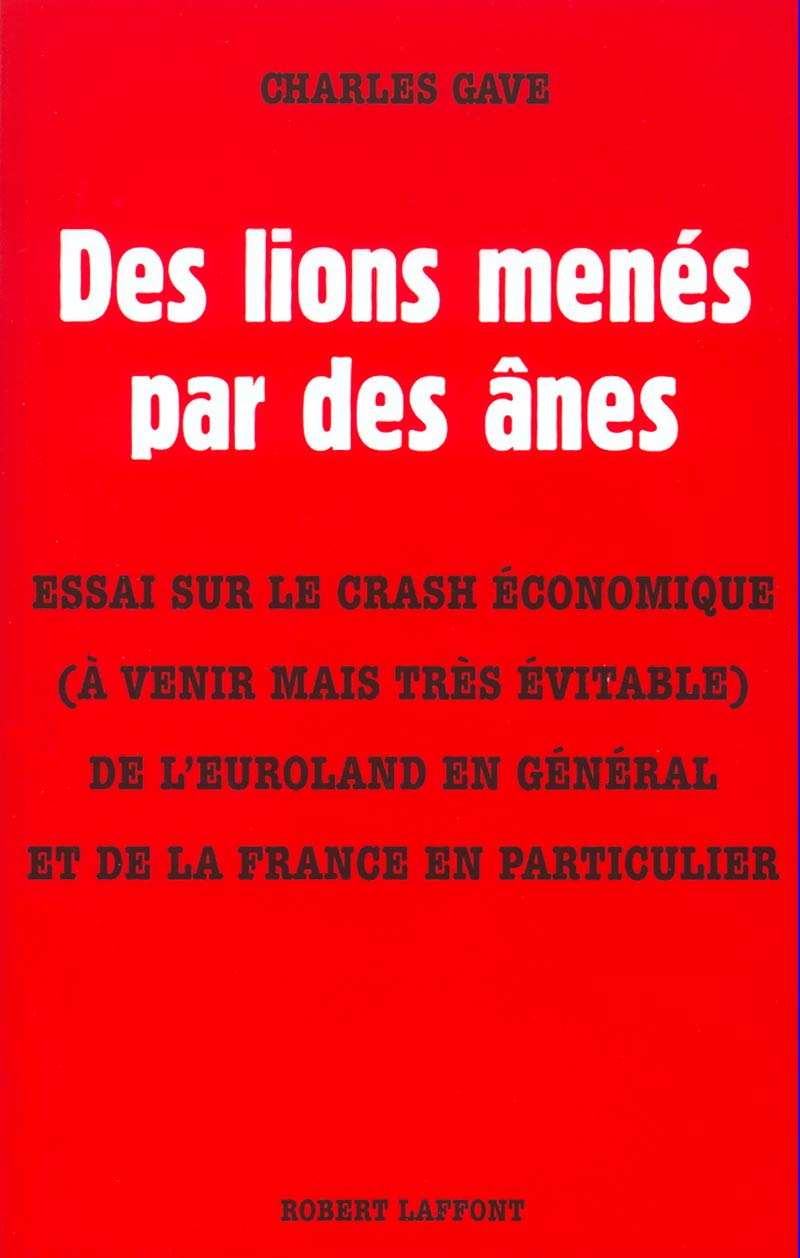Available selections
Edition: Gavekal Books
In less than a hundred pages, and drawing upon Charles's more than fifty-five years of experience in financial markets, Charles shows how to integrate four key macro investing concepts into a general theory of portfolio construction.
Edition: Gavekal Books
The aim of this book, published in the summer of 2021, is to review how to build a portfolio at a time of rising geostrategic strife, and when very low interest rates and stretched valuations on most assets announce constrained returns for most assets over the next decade.
Clash of Empires: Currencies and Power in a Multipolar World
Edition: Zed Books
Combining a geopolitical overview with on-the-ground reportage from a dozen countries, this book offers a fresh perspective on the rise of China and what it means for the future of Asia.
Edition: Gavekal Books
Charles has spent recent years developing his own "Wicksellian" framework into a practical asset allocation tool that allows recession markers to be identified along with key thresholds that indicate when investors should be in, or out of risk assets.
Edition: Oxford University Press
This book is a concise, comprehensive introduction to the most astonishing economic growth story of the last three decades.
Edition: Gavekal Books
The Case For Chinese Equities
Edition: Gavekal Books
This short book is an attempt to tie together four important themes which, in recent years, have formed the backbone of the Gavekal research effort.
Edition: Profile Books
Thoroughly researched and impressive in scope, this book is essential reading for anyone interested in the development of these dynamic countries, a region that will shape the future of the world.
Edition: Zed Books
By 2030, China's cities will be home to 1 billion people one in every eight people on earth. What kind of lives will China's urban billion lead? And what will China's cities be like?
Edition: Public Affairs
Capitalism 4.0: The Birth Of a New Economy In the Aftermath Of Crisis
Edition: Francois Bourin Editeur
L'Etat est Mort, Vive l'Etat
Edition: Institut Des Libertes
Liberal Mais Non Coupable
Edition: Gavekal Research
In this new book, we review both our concerns and the factors of growth around the world which contribute to our overall optimism. And, in so doing, we present our "investment roadmap" for the coming years.
Edition: Gavekal Research
Charles Gave: This is my aim with this book. To listen to Christ's words; and to listen to the message he has given us on how efficiently run our economic affairs.
Edition: Bourrin Editeurs
Nous sommes entres, depuis un certain temps deja, dans la troisieme grande revolution technologique que l'humanite ait connue. Apres etre passes de la cueillette et du nomadisme a l'agriculture puis a l'ere industrielle, nous entrons dans l'economie de la connaissance. Cette revolution aura des consequences incommensurables sur la societe et l'organisation du monde...
Edition: Gavekal Research
In this book, we push some of the themes developed in Our Brave New World a little further and review the reasons that have led us, in recent years, to shy away from prophecies of doom and why we remain positive on global financial markets.
In this book, we explain some of the important changes our world has gone through in recent years and try to draw some investment implications.
Korean Version of "Our Brave New World"
Edition: Bourrin Editeurs
Ecrit avec fougue et mordant, Un liberal nomme Jesus, n'est ni un livre de theologie ni meme un livre religieux. C'est l'essai d'un economiste qui croit que l'honneur du liberalisme a toujours ete de proteger les libertes civiques et economiques contre l'empietement constant du pouvoir politique.
The US current account deficit's main role was to provide liquidity to the rest of the world, especially in times of crisis.
Since launching Gavekal in late 1998, we have written a fair amount, and on a wide array of topics. In this book, published in November 2004, we compile what we believe to be our best writings and arrange them by alphabetical order. In over 500 pages, we review what we believe are some of the important economic rules investors should know.
Edition: Robert Laffont
Charles wrote this book, in French, in the summer of 2002. It was published by Robert Laffont. This book tries to relate the hardships faced by the French entrepreneur in the current political and economic system. The pamphlet was a sleeper best-seller, selling just under 20,000 copies over a year in France.
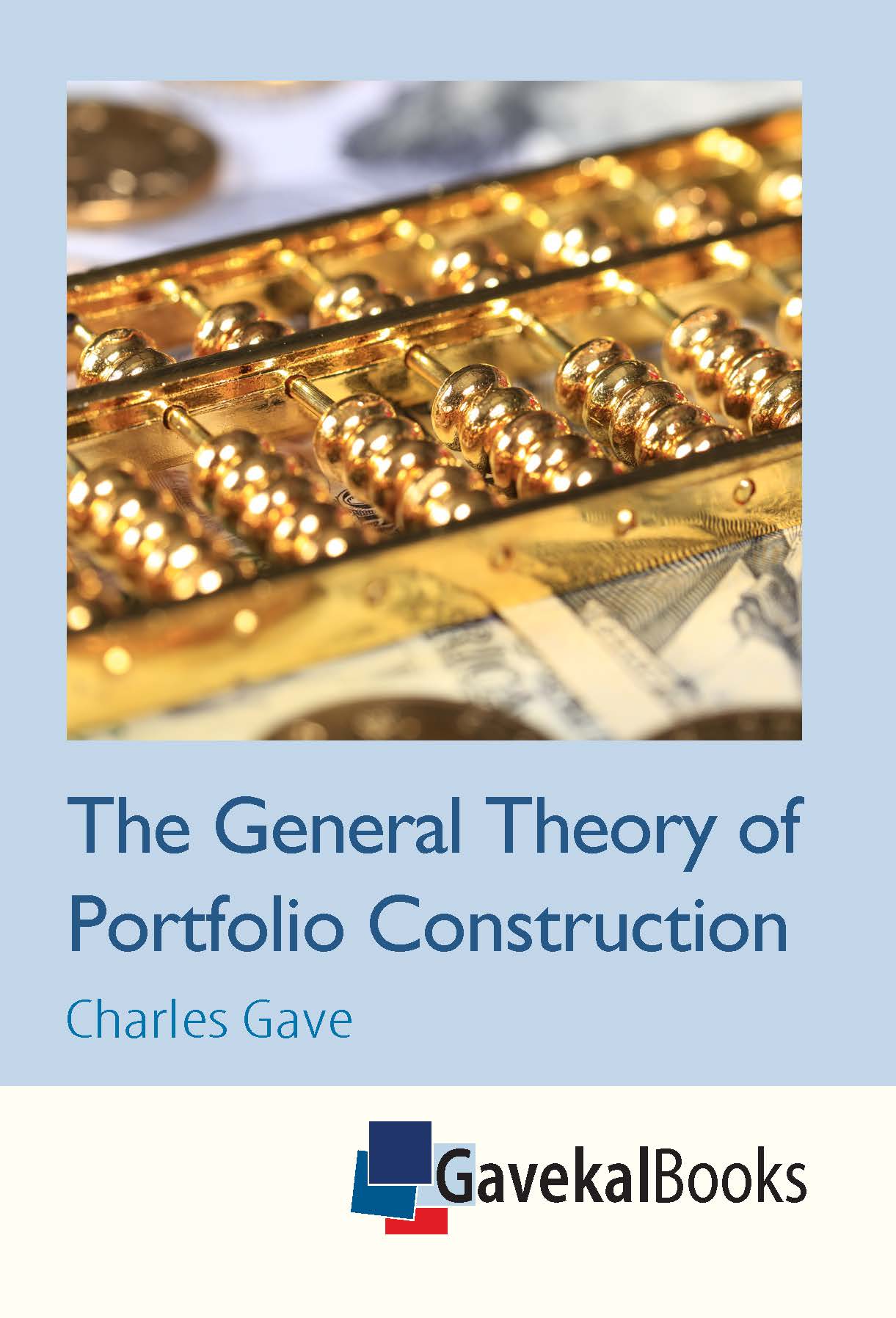
 Free Download
Free Download